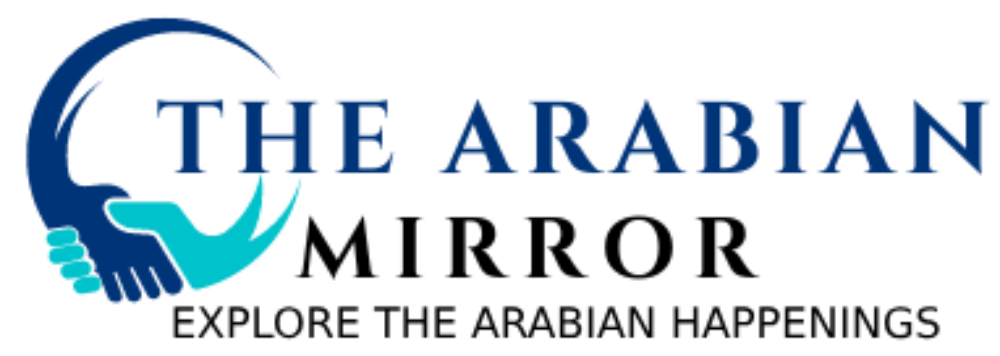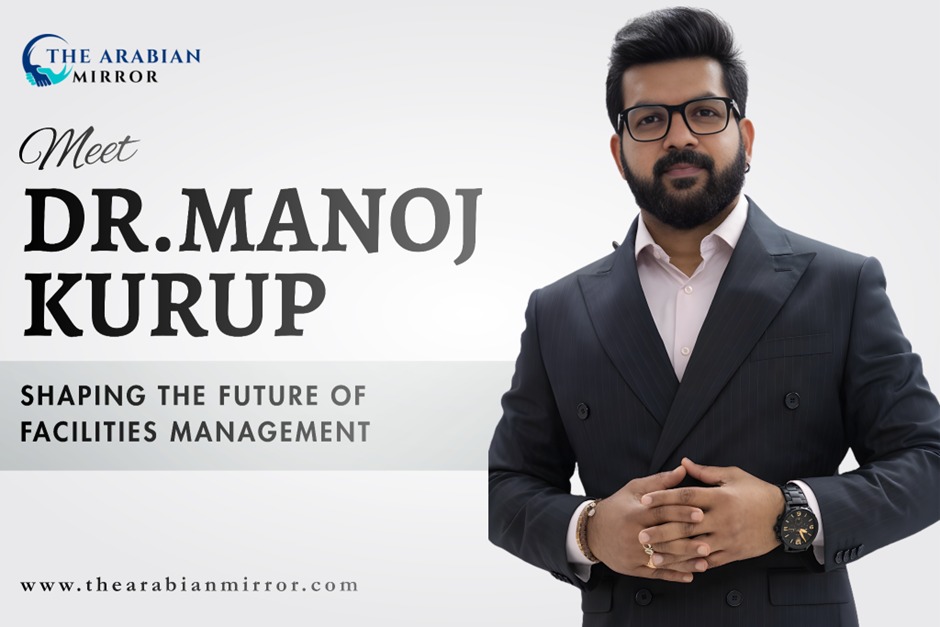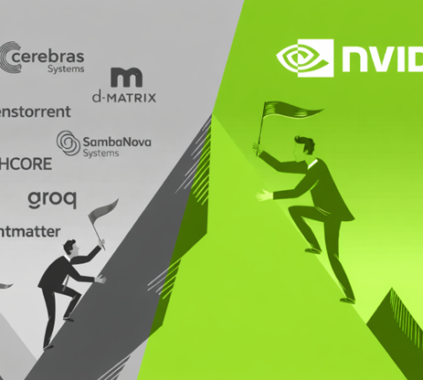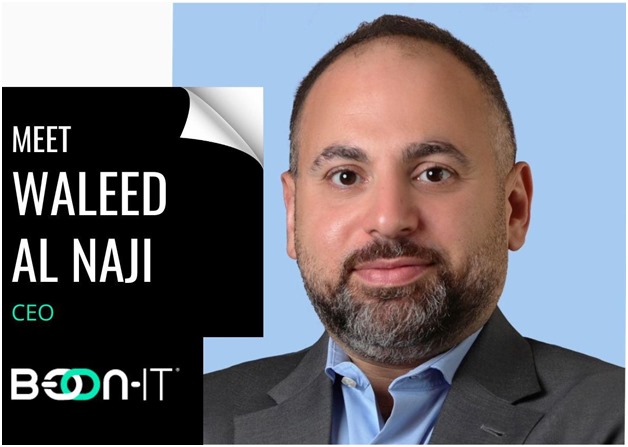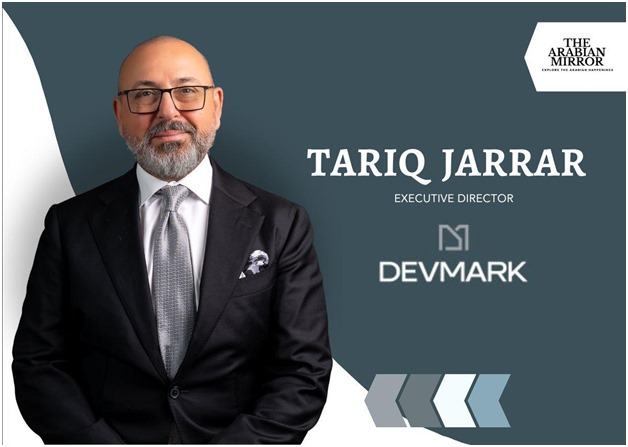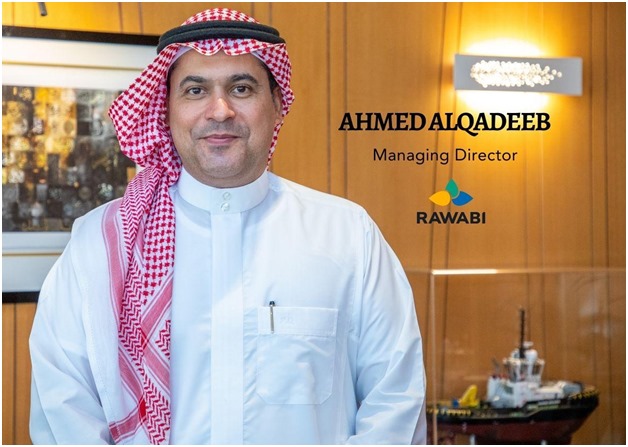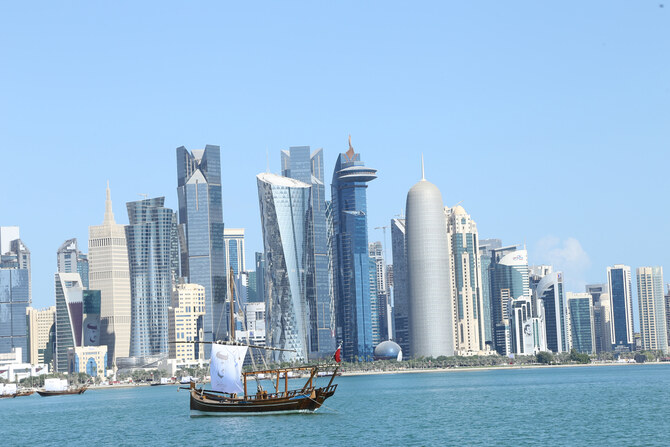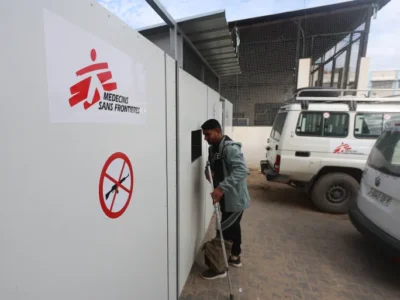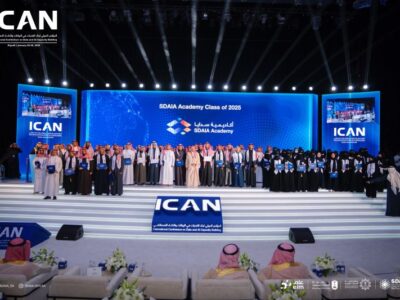Succeeding in search across the Middle East isn’t just about ranking high on Google — it’s about earning local trust, speaking your audience’s language, and creating a fast, culturally-aware digital experience.
Whether you’re growing a brand in Qatar, the UAE, or the wider Gulf region, these five strategies will help you stand out online and gain organic traffic with minimal financial investments.
5 Secrets to Effective SEO in the Middle East

1. Choose a Domain That Builds Trust
Your domain name shapes the first impression visitors and search engines have of your brand. Online credibility matters deeply, users judge the book by its cover, and cover for your website is its domain name.
Domain name impacts your online visibility in two ways:
- How users interact with your website. Regular people are more drawn to websites with simple and memorable names that quickly let them understand whether its relevant to their search. A domain extension that feels both personal and regional can make a big difference. The .ME domain is particularly powerful: it’s short, memorable, and naturally reads as “Middle East” while also suggesting a personal, approachable tone. An increase of .ME domains in the region suggests that . businesses across the Gulf are using it to convey authenticity, modernity and regional affiliation. And the more people click on your website — the more search engines will recommend it, making it rank higher and higher.
- How search engines interact with your website. There isn’t a lot of proof that thematic domain extensions have an effect on search engines — such as .shop, .tech, .edu, etc. But, regional domain extensions (.UK, .QA, .AE) can, although not by a big margin. Google, for instance, often sees them as a signal to strengthen geographic targeting.
Keywords included in the domain can matter too — this matters both for people and machines. It makes the field of your business more easy to identify. For instance, if you have a website that promotes your new AI tool for voice recognition, you can name it “aivoicerecognition.me”.
2. Make Your Website Responsive
Mobile usage dominates across the Middle East, so your website must look and perform beautifully on every screen size. A responsive design not only enhances user experience but also affects your SEO ranking — search engines see how much time people spend on your website and take it into account when deciding how high you should rank.
Even if you lack expertise in website optimization and web design, you can easily make a professional looking website with AI website builders. There are platforms like Site.pro that allow to create responsive layouts and optimized HTML structures to help pages load quickly — something Google and visitors both reward. Websites created in the builder are automatically responsive, although it’s better to check how your website looks on mobile before publishing it. It is also the fastest way to launch a website in general, since you don’t need to manually choose a template and customize building blocks — the system only requires a prompt. Describe your idea, and AI will build a website in no time. After that, you can change it via AI chatbot or commands, without even touching your keyboard.
Test your website on various devices common in your target region, optimize images for speed, and make sure your content remains easy to read and navigate. A fast, mobile-friendly site signals professionalism and keeps users engaged longer.
3. Optimise Meta Information
Search engines still rely heavily on meta titles, descriptions, and URLs to understand your content. Each page should have unique, concise metadata that reflects what users are actually searching for. It’s important to fill out SEO fields for every page — title, description, and keywords — and to use human-readable URLs instead of random strings or IDs.
- Meta title is the title of the website you see in the search page. Its optimal length is around 55 symbols.
- Meta description gives the snippet describing the content of the website. It shouldn’t go beyond 160 symbols – keep it concise.
- Keywords are not visible in the search by users, but they do impact the algorithm. They should be separated by commas. Only include the most relevant ones for your field.
You can optimize meta information even faster with built-in AI SEO generation tools in the website builder.
When working in bilingual markets, create metadata in both English and Arabic to match local search behavior. The right mix of clarity, relevance, and localization can dramatically improve click-through rates from search results.
4. Adapt to the Local Language
Language is more than translation — it’s connection. To reach Middle Eastern audiences as a foreign business, especially in Arabic-speaking countries, your website should feel natural in both English and Arabic. Use hreflang tags (like en-QA and ar-QA) to help Google serve the right version to the right audience. Notably, a .ME domain can be registered in Arabic characters, so a domain name can be registered in Arabic language as well.
Create content that resonates culturally — for example, addressing regional trends, events, or needs specific to Qatar or the GCC. When done right, bilingual content signals respect for your audience’s identity and doubles your visibility potential in search results.
5. Use Statistics Tools
SEO is an ongoing process, not a one-time setup. Tools like Google Analytics and Google Search Console show how people find and interact with your site. Track where your visitors come from, which keywords perform best, and how your pages load on different devices. Site.pro also emphasizes monitoring speed, SSL status, and HTML quality — all technical details that influence search ranking.
If you’re targeting a specific country, such as Saudi Arabia, use regional filters in Analytics to see how your site performs locally. These insights help you refine your strategy, focus on high-performing content, and identify new opportunities.
Conclusion
Effective SEO in the Middle East is a balance of global best practices and regional understanding. Choose a domain that feels authentic, make your website mobile-friendly, craft clear and localised metadata, connect through language, and keep learning from your analytics. When these elements work together, your brand will not only rank higher — it will genuinely connect with people across the region.
Next Article:
